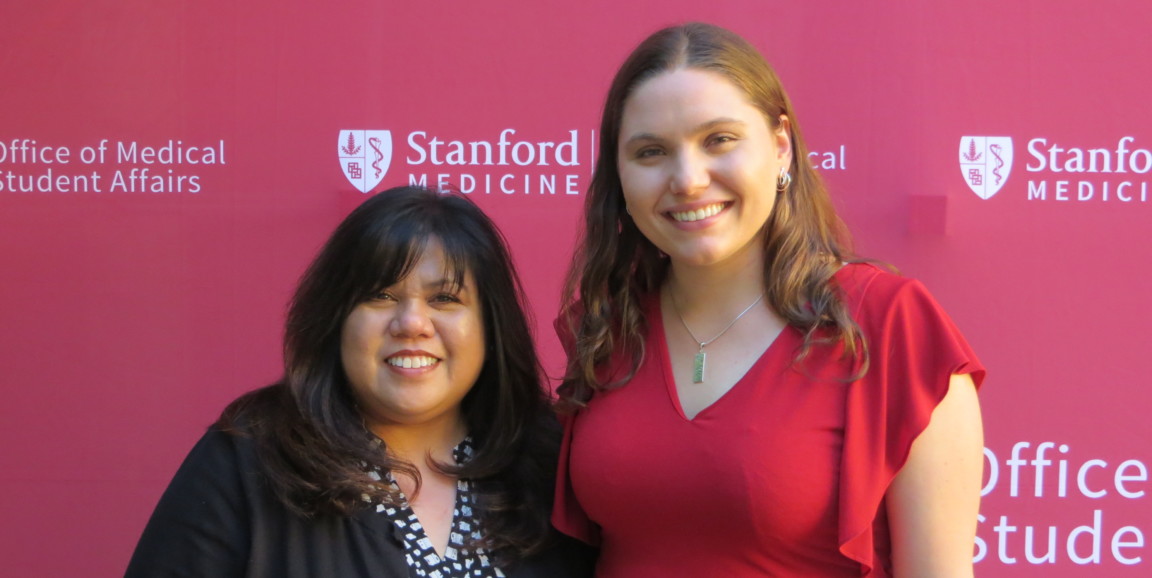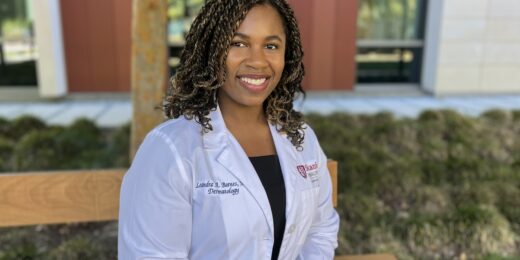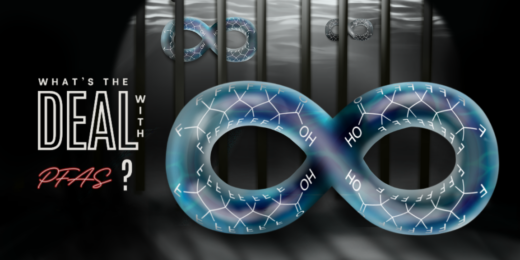When I started medical school at Stanford, I figured I'd be learning from acclaimed professors, accomplished classmates, and world-renowned physicians. I never imagined, though, that a local patient advocate twice my age would so powerfully shape my medical education. I wasn't her provider; rather, she opened up her life to me so that I could learn from her journey.
I met Lourie, whom I'm identifying by first name only, during my first months of medical school through an innovative year-long elective course called "Walk With Me: A Patient-Centered Exploration of Health and the Healthcare System." Administered through the Stanford Healthcare Innovations and Experiential Learning Directive, it gives first-year PA and MD students the valuable opportunity to step outside our core curriculum and consider issues including humanism, social determinants of health, and physician wellness. Students were each assigned patient partners with chronic illnesses who volunteered to help us understand health care from their unique perspectives.
Lourie and I spent our first meeting crying softly, as she spoke about losing her father to cancer at a young age. Having recently said goodbye to my own dad in a similar way, my heart broke, especially as she recounted challenges I could never imagine: the shame and stigma her traditional Filipino family faced over a sick relative; her father's dying wish for secrecy.
But Lourie knew she could not stay quiet after she got sick, too. Now a three-time cancer survivor, Lourie discovered, through years of grueling investigation, that she and her brother have Lynch syndrome, just like their father. This genetic condition renders cells unable to repair a certain type of DNA damage, predisposing patients to many cancers.
Patients' experiences with hereditary cancer screening and treatment are daunting, which I recognized following Lourie to medical appointments and meeting her extended family. Throughout their physical and emotional struggles, practitioners' failure to demonstrate compassion and empathy sometimes exacerbated and prolonged suffering.
While I am so sorry for their pain, I remain deeply grateful for the grounding nature of these interactions with patients. Hearing Lourie and her family's stories keeps me humble, human, and reminds me why I came here to pursue medicine in the first place. Namely, to be an innovative scientist and scholar, but one who approaches her patients with genuine compassion.
During my first round of medical school finals, I began to fully appreciate the value of the SHIELD course and my work with Lourie. While I expected medical school to be challenging, I wasn't fully prepared for the sheer volume of information and level of detail I'd need to understand. Lourie's optimism in the face of incredible adversity astounds me, and her story inspired me to persevere.
Lourie taught me that she brings to her chronic illness a complex family and cultural history, thoughtful perspectives gained through pain and perseverance, and a relentless optimism and courageous spirit. While her journey is unique, it will always remind me to consider and address the person, the family, and the story behind the constellation of symptoms in front of me.
Going forward, I will think of Lourie and her family's incredible generosity as I make sure to take the time to pass on my knowledge and experience to those working their way up the ladder behind me. And thanks to my time with them, I know I will be a better and kinder physician.
Anna Carroll is a medical student -- interested in general surgery and OB-GYN but keeping an open mind -- who grew up in rural northern New Mexico and earned a BA in biochemistry at Smith College in Massachusetts. She's happy to be back in the sunshine out west and enjoys horseback riding and cooking.
Photo of Lourie and Anna Carroll by Glenda Estioko




